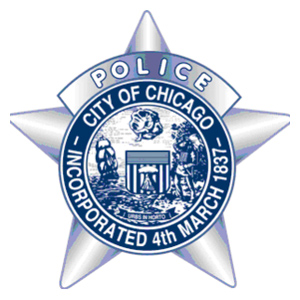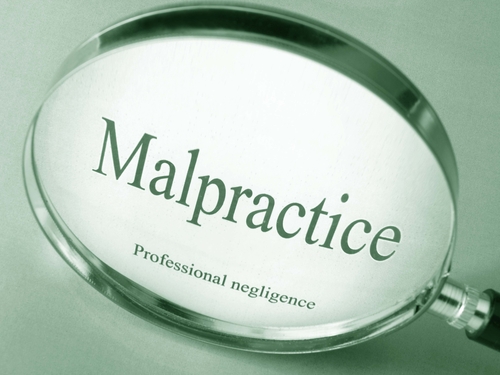Justice Department will oppose consent decree to reform Chicago Police Department

The U.S. Department of Justice will file a statement of interest opposing a pending consent decree in Illinois Attorney General Lisa Madigan’s lawsuit against the Chicago Police Department.
Attorney General Jeff Sessions announced the Justice Department’s opposition to the decree reforming the police department in a statement on Tuesday, report the Chicago Sun-Times, the Chicago Tribune and USA Today.
The consent decree, negotiated in Madigan’s lawsuit, would impose tighter restrictions on use of force; require police officers to notify dispatchers when they point a gun at someone; and appoint a monitor to oversee progress, according to prior coverage by the Chicago Tribune.
Madigan had sued the police department in August 2017, the same year that the U.S. Justice Department released a report finding that Chicago police use excessive force, by pattern or practice, and minorities are most affected.
The Justice Department probe was launched in December 2015, after Chicago’s delayed release of police video showing an officer shooting 17-year-old Laquan McDonald 16 times as he appeared to be walking away. The officer, Jason Van Dyke, was convicted of second-degree murder and aggravated battery last Friday.
Sessions’ statement referred to another settlement, reached in 2015 with the American Civil Liberties Union. The deal required the Chicago Police Department to monitor the gender, race and ethnicity in stop-and-frisk searches.
President Donald Trump told police chiefs in Florida on Monday that Chicago should use stop-and-frisk tactics to reduce violent crime, the Chicago Tribune reported here. He said the settlement with the ACLU settlement was a “terrible deal” and it “ties law enforcement’s hands.”
Sessions referred to the ACLU settlement in his statement on Tuesday, explicitly linking it to the city’s crime rate. “Chicago’s agreement with the ACLU in late 2015 dramatically undercut proactive policing in the city and kicked off perhaps the greatest surge in murder ever suffered by a major American city, with homicides increasing more than 57 percent the very next year,” Sessions said.
“Now the city’s leaders are seeking to enter into another agreement. It is imperative that the city not repeat the mistakes of the past—the safety of Chicago depends on it. Accordingly, at the end of this week, the Justice Department will file a statement of interest opposing the proposed consent decree. It is critical that Chicago get this right.”
Mayor Rahm Emanuel and Chicago Police Supt. Eddie Johnson released a joint statement saying they were proud to partner with Madigan, “someone who recognizes that our public safety reforms have public safety benefits, on a consent decree that reflects the input and ideas of residents and officers alike. And if anyone in the Trump Administration was paying attention they would know that as we have made major reforms over the past two years, we have also driven a 30 percent reduction in gun violence.”
The Chicago police’s history of extracting false convictions through force or coercive tactics has cost the city millions in civil suits, as explained in the July cover story of the ABA Journal. Of the 260 false confession cases tracked by the National Registry of Exonerations since 1989, 25 percent came out of Cook County, whose court system covers Chicago. Last year, of the 29 wrongful conviction rulings involving false confessions in the United States, 13 were in Cook County.



